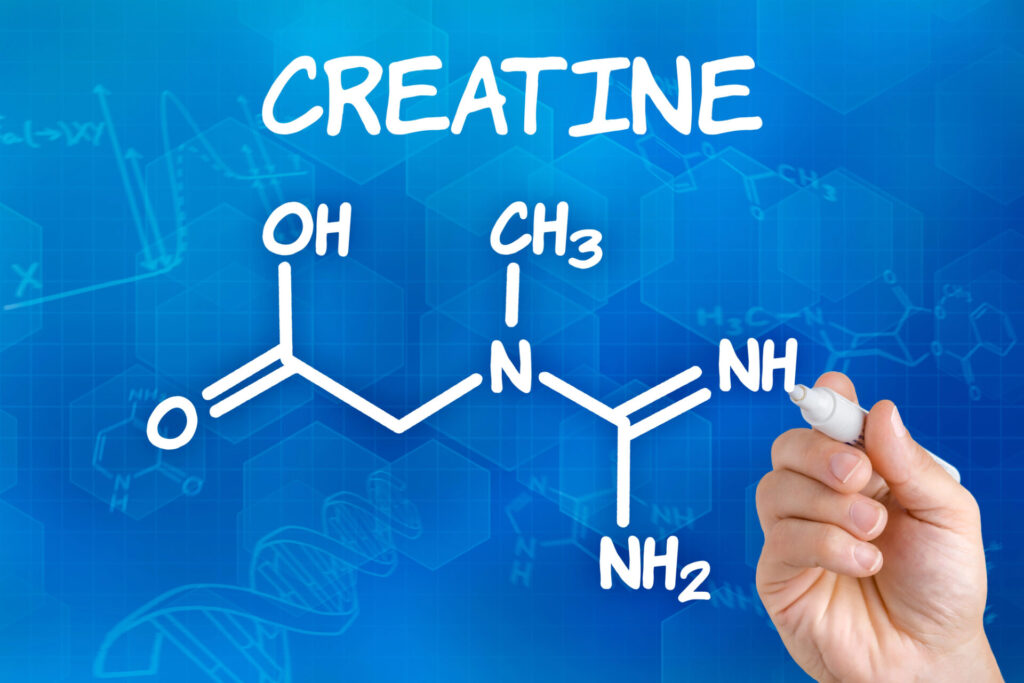Adhering to a Mediterranean-style diet may significantly reduce the risk of developing chronic kidney disease, according to a study in the most recent Clinical Journal of the American Society of Nephrology (CJASN). Chronic kidney disease is a growing epidemic, and while there has been significant progress in protecting against kidney disease and its progression through aggressive treatment of risk factors such as hypertension and diabetes, many people still experience declining kidney function as they age. By Minesh Khatri et al, published in the Clinical J of the Am Society of Nephrology, Oct. 30, 2014.
 Minesh Khatri, MD (Columbia University Medical Center) and his colleagues wondered whether an improved diet might provide additional benefits. “Many studies have found a favorable association between the Mediterranean diet and a variety of health outcomes, including those related to cardiovascular disease, Alzheimer’s disease, diabetes, and cancer, among others,” said Dr. Khatri. “There is increasing evidence that poor diet is associated with kidney disease, but it is unknown whether the benefits of a Mediterranean diet could extend to kidney health as well.” The Mediterranean diet includes higher consumption of fruits, vegetables, fish, legumes, and heart-healthy fats, while minimizing red meats, processed foods, and sweets.
Minesh Khatri, MD (Columbia University Medical Center) and his colleagues wondered whether an improved diet might provide additional benefits. “Many studies have found a favorable association between the Mediterranean diet and a variety of health outcomes, including those related to cardiovascular disease, Alzheimer’s disease, diabetes, and cancer, among others,” said Dr. Khatri. “There is increasing evidence that poor diet is associated with kidney disease, but it is unknown whether the benefits of a Mediterranean diet could extend to kidney health as well.” The Mediterranean diet includes higher consumption of fruits, vegetables, fish, legumes, and heart-healthy fats, while minimizing red meats, processed foods, and sweets.
The researchers examined the associations of varying degrees of the Mediterranean diet on long-term kidney function in an observational, community-based, prospective study. In their analysis of 900 participants who were followed for nearly 7 years.
Key Findings:
1. Every one-point higher in a Mediterranean diet score, indicator of better adherence to the diet, was associated with a 17% lower likelihood of developing chronic kidney disease.
2. Dietary patterns that closely resembled the Mediterranean diet (with a score of ≥5) were linked with a 50% lower risk of developing chronic kidney disease.
3. The Med diet also resulted in 42% lower risk of experiencing rapid kidney function decline.
Conclusions A Mediterranean diet was associated with a reduced incidence of eGFR<60 ml/min per 1.73 m2 and upper quartile of eGFR decline in a multiethnic cohort.
The researchers examined the associations of varying degrees of the Mediterranean diet on long-term kidney function in an observational, community-based, prospective study. In their analysis of 900 participants who were followed for nearly 7 years, every one-point higher in a Mediterranean diet score, indicating better adherence to the diet, was associated with a 17% lower likelihood of developing chronic kidney disease. Dietary patterns that closely resembled the Mediterranean diet (with a score of ≥5) were linked with a 50% lower risk of developing chronic kidney disease and a 42% lower risk of experiencing rapid kidney function decline.
In an accompanying editorial, Julie Lin, MD, MPH, FASN (Brigham and Women’s Hospital) noted that a Mediterranean-style diet is only one component of an overall healthy lifestyle, which also needs to incorporate regular physical activity. “Although a seemingly simple goal, achieving this is challenging. We need to begin by embracing the reality that there is no magic pill or miracle food, only vigilance and discipline with diet and regular exercise, and the rare indulgence in cake for very special occasions,” she wrote.





